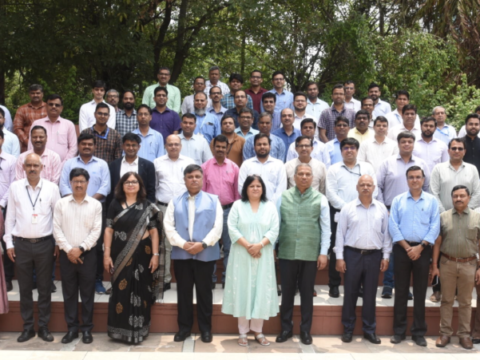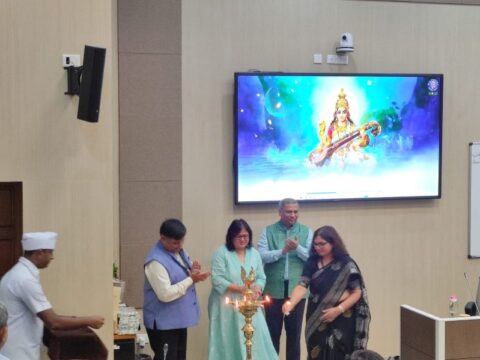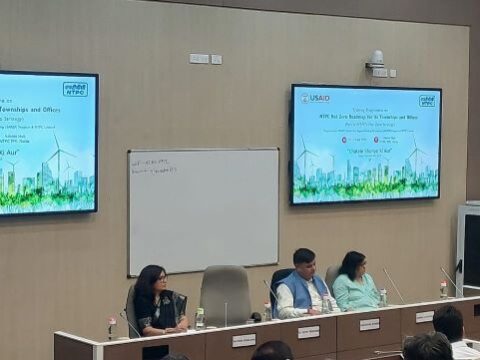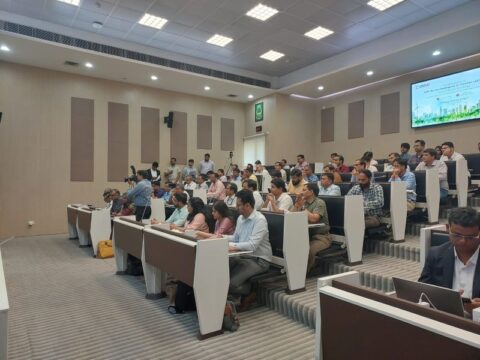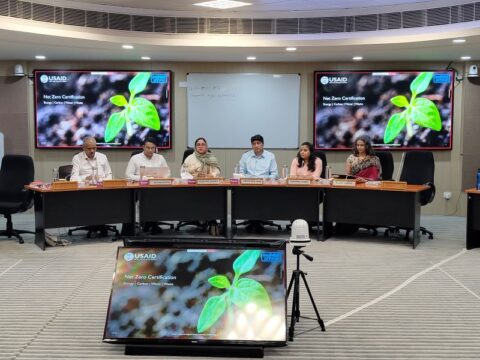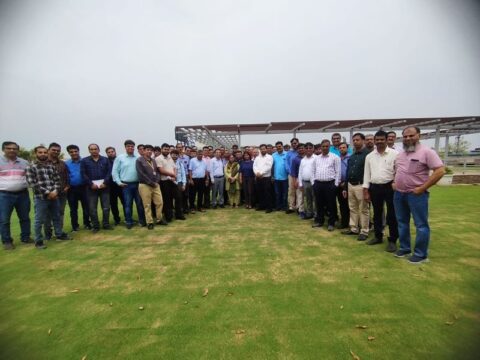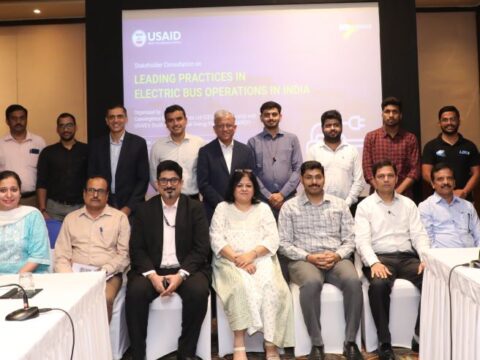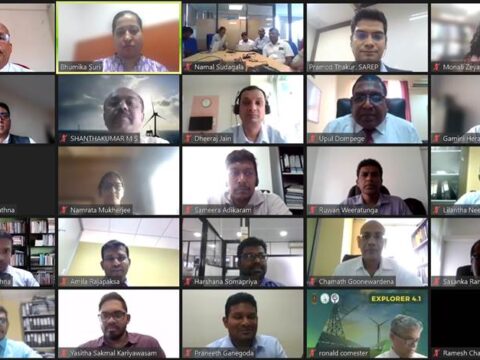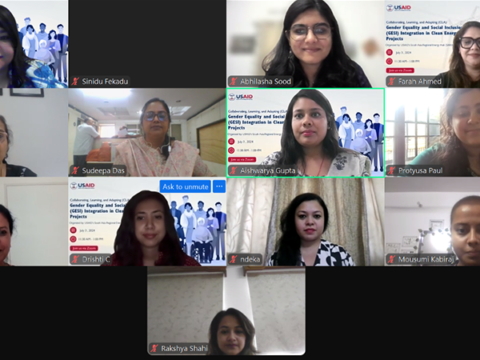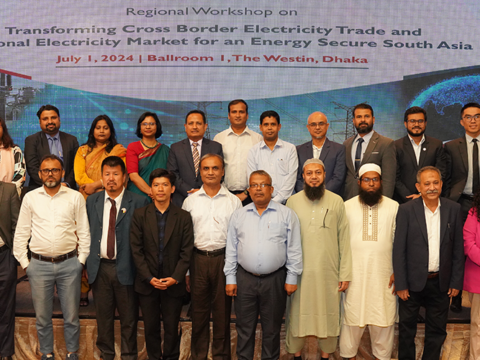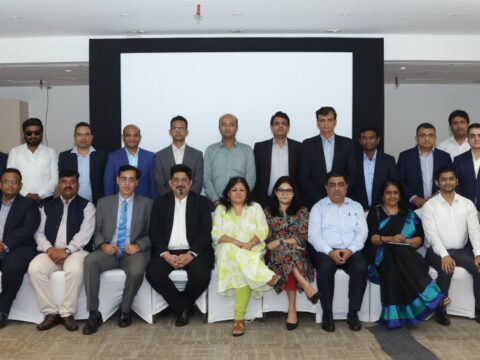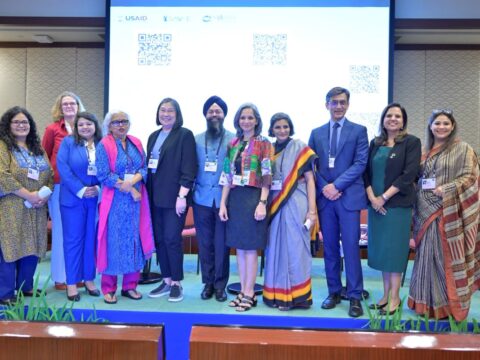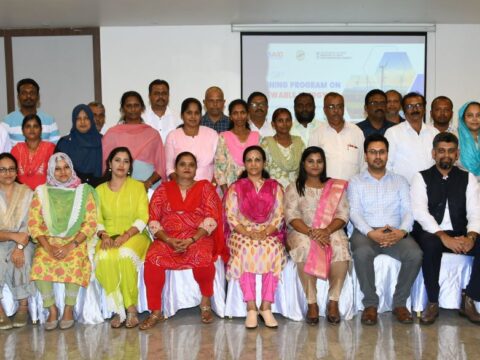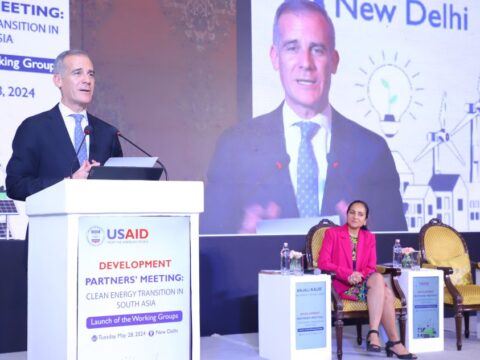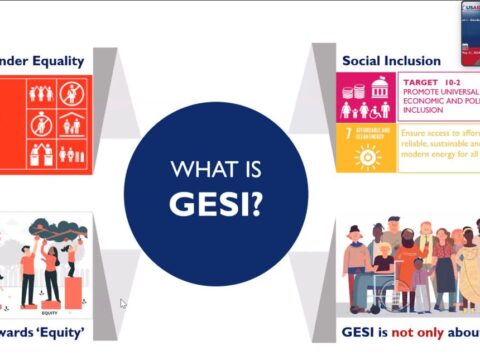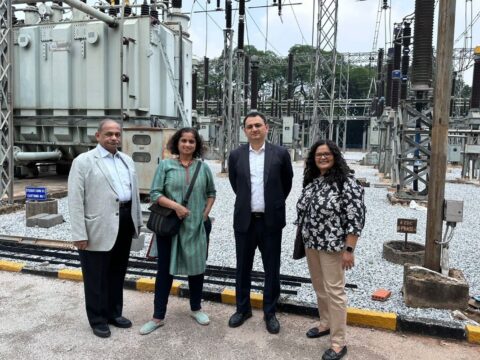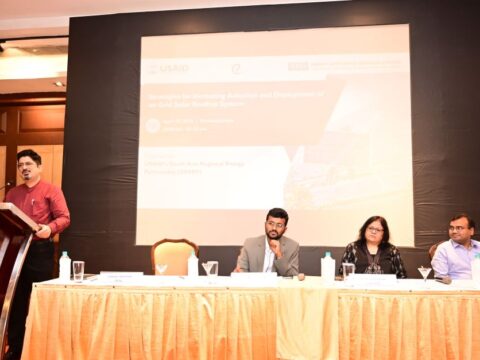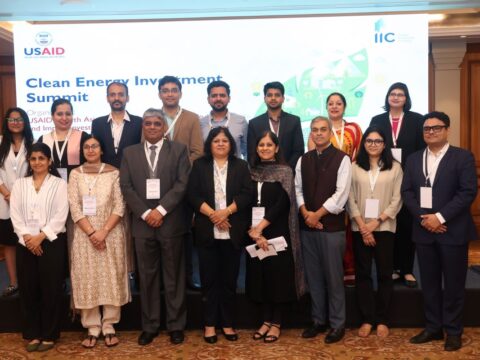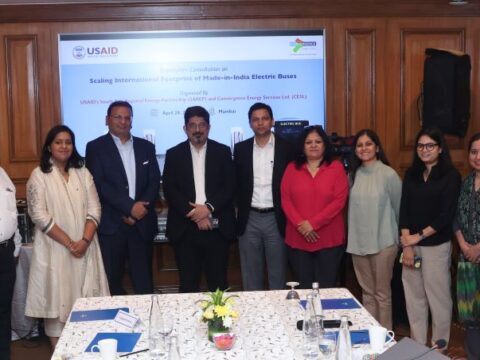2024
July 18, 2024
The United States Agency for International Development (USAID), through its South Asia Regional Energy Partnership (SAREP) program, supported NTPC in organizing a Three Days Training programme titled “NTPC Net Zero […]
July 12, 2024
India’s push towards electric buses is a vital component of its strategy to meet clean energy goals, necessitating substantial investment to transition 2.3 million diesel buses to electric. The Government […]
July 8, 2024
USAID, through its South Asia Regional Energy Partnership (SAREP) program, organized a virtual capacity-building series titled “Enabling Technology Implementation for Interconnecting Grids” to address the increasing energy demands and bolster […]
July 4, 2024
To advance Gender Equality and Social Inclusion (GESI) integration in the clean energy ecosystem, USAID, through the South Asia Regional Energy Hub (SAREH) program, hosted the second part of the […]
July 3, 2024
Energy security and climate change has become the one of the major concerns in the South Asian region. With Two-thirds of energy used in the South Asian Region (SAR) is […]
June 25, 2024
India’s transition to electric buses is critical for meeting its clean energy targets, requiring significant private investment to shift approximately 2.3 million diesel buses to electric. The Government of India […]
June 12, 2024
The Asia Clean Energy Forum (ACEF) 2024 featured a pivotal spotlight session on June 6, 2024, at the Asian Development Bank Headquarters in Manila, Philippines. Titled “Women Bridging the Clean […]
June 4, 2024
The Andaman and Nicobar (A&N) Administration has embarked on a journey to upscale advanced renewable energy technologies. With the goal of augmenting the share of renewables in the islands’ electricity […]
June 3, 2024
The second edition of the Development Partners’ Meeting on Clean Energy Transition in South Asia, organized by USAID through its South Asia Regional Energy Partnership (SAREP) program, was held on […]
May 27, 2024
To advance Gender Equality and Social Inclusion (GESI) and Diversity, Equity, and Inclusion (DEI) in the energy sector, USAID, through the South Asia Regional Energy Hub (SAREH) program, hosted an […]
May 15, 2024
Karnataka Power Transmission Corporation Limited (KPTCL) manages power transmission, builds stations and power lines, and maintains high-voltage substations in Karnataka. Committed to clean energy and sustainability their focus areas are […]
May 13, 2024
India’s target of achieving 40 GW of rooftop solar installation faces a major obstacle, one of which is high cost of rooftop solar equipment, dissuading small sized vendors from purchasing […]
May 9, 2024
India aims for 500GW of renewable energy by 2030, of which 40GW is envisioned to come from rooftop solar (RTS) PV installations. Challenges in achieving this target include high equipment […]
May 2, 2024
The Clean Energy Investment Summit, held on April 25, was a significant step forward for clean energy initiatives in South Asia. Organized by USAID’s SAREP program in collaboration with the […]
May 2, 2024
The stakeholder consultation on “Scaling International Footprint of Made-In-India Electric Buses” took place on April 24 in Mumbai. The event was organized by USAID’s South Asia Regional Energy Partnership (SAREP) […]


